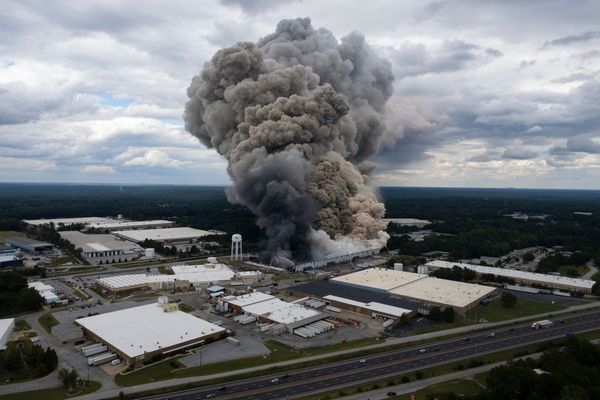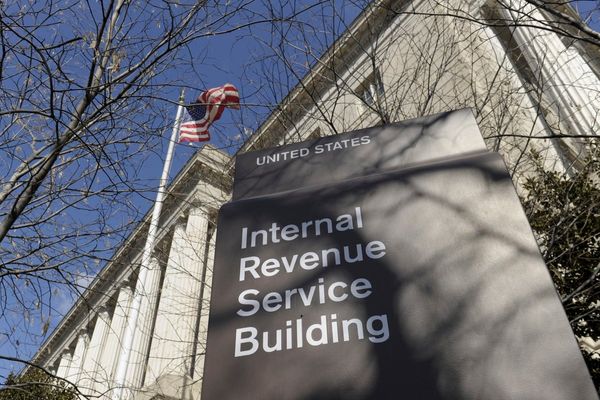
The international criminal court (ICC) at The Hague has issued arrest warrants for Russia’s ex-minister of defence and current army chief of staff for alleged war crimes in Ukraine after a missile campaign targeting Ukrainian power plants and other civilian infrastructure during the full-scale invasion.
Ex-minister of defence Sergei Shoigu and the chief of the general staff of the Russian armed forces, Valery Gerasimov, are accused of the war crimes of directing attacks at civilian objects and of causing excessive incidental harm to civilians or damage to civilian objects. They are also accused of crimes against humanity.
The Hague issued warrants for their arrest, but they are unlikely to be able to serve them as the pair are in Russia, which is not a party to the ICC and has denounced the court. Ukraine is not a member of the ICC but has given the court jurisdiction to prosecute war crimes committed on its territory since 2022. Shoigu was removed as the minister of defence last month but has remained a senior government official as the head of Russia’s security council.
The court has previously issued warrants for the arrest of Vladimir Putin and Russia’s human rights ombudsman, Maria Lvova-Belova, for their role in the forcible deportation of Ukrainian children to Russia. A number of the children have been adopted by Russian officials or put up for adoption under false identities.
The Ukrainian president, Volodomyr Zelenskiy, said the ICC’s decision to issue the warrants against Shoigu and Gerasimov was “a clear indication that justice for Russian crimes against Ukrainians is inevitable”.
He wrote on Telegram: “Every criminal involved in the planning and execution of these strikes must know that justice will be served. And we do hope to see them behind bars.” He added that he looked forward to “more arrest warrants in order to deprive Russia of its sense of impunity”.
Announcing the warrants, the court wrote there “are reasonable grounds to believe that the two suspects bear responsibility for missile strikes carried out by the Russian armed forces against the Ukrainian electric infrastructure from at least 10 October 2022 until at least 9 March 2023. During this timeframe, a large number of strikes against numerous electric power plants and substations were carried out by the Russian armed forces in multiple locations in Ukraine”.
The court said it had “reasonable grounds to believe that the suspects intentionally caused great suffering or serious injury to body or to mental or physical health, thus bearing criminal responsibility for the crime against humanity of other inhumane acts”.
Russia has argued that electrical infrastructure in Ukraine represents a legitimate military target. The strikes have led to rolling blackouts across Ukraine, and have threatened crucial supplies of heating to the population in winter when temperatures fall below freezing.
Zelenskiy said this month that Russia had damaged or destroyed more than half of Ukraine’s power generation, causing the worst rolling blackouts since the invasion began in 2022.
In its statement, the court said it believed the strikes were “directed against civilian objects, and for those installations that may have qualified as military objectives at the relevant time, the expected incidental civilian harm and damage would have been clearly excessive to the anticipated military advantage”.







